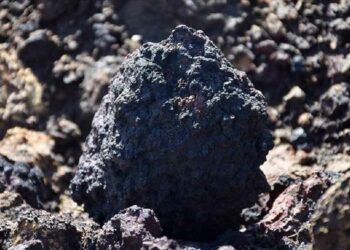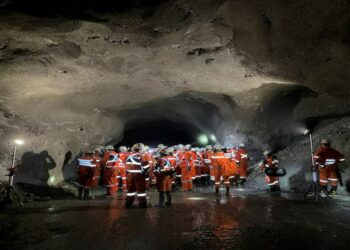More than 100 people have died in a landslide at a remote jade mining area in northern Myanmar early on Saturday which buried about 70 huts housing artisanal miners and their families.
The Hpakant area in Kachin state hosts the world’s largest jade mining operations and the itinerant workers were based there attempting to scratch a living from large piles of waste rubble created by companies mining the precious stones.
The landslide happened when a mountain of mining debris gave way. By late Sunday more than 100 bodies had been pulled from the landslide but it remains unclear exactly how many people may be buried.
Hpakant Township Administration Department Tin Swe Myint told Reuters: “We just don’t know how many people exactly were buried since we don’t have any data on people living there. It was just a slum with these workers living in makeshift tents. Nobody knows for sure how many and where they had come from.”
Because the men were mostly migrant workers from other parts of Myanmar and possibly even neighbouring countries, authorities are struggling to identify those killed.
It is unclear as to what triggered the 3am landslide in the remote and mountainous region, which is almost entirely off-limits to foreigners.
Myanmar is the source of virtually all of the world’s finest jadeite, a near-translucent green stone that is prized above almost all other materials in neighbouring China.
Last month Myanmar’s jade industry came under fire from advocacy group Global Witness for corruption, degrading the environment and funding violence. Because of the industry’s practices, “mountains have become valleys and valleys have become mountains,” one Hpakant source told the group.
Global Witness wants the jade industry to be part of the Extractive Industries Transparency Initiative (EITI), a global scheme designed to increase transparency around natural resource management.








